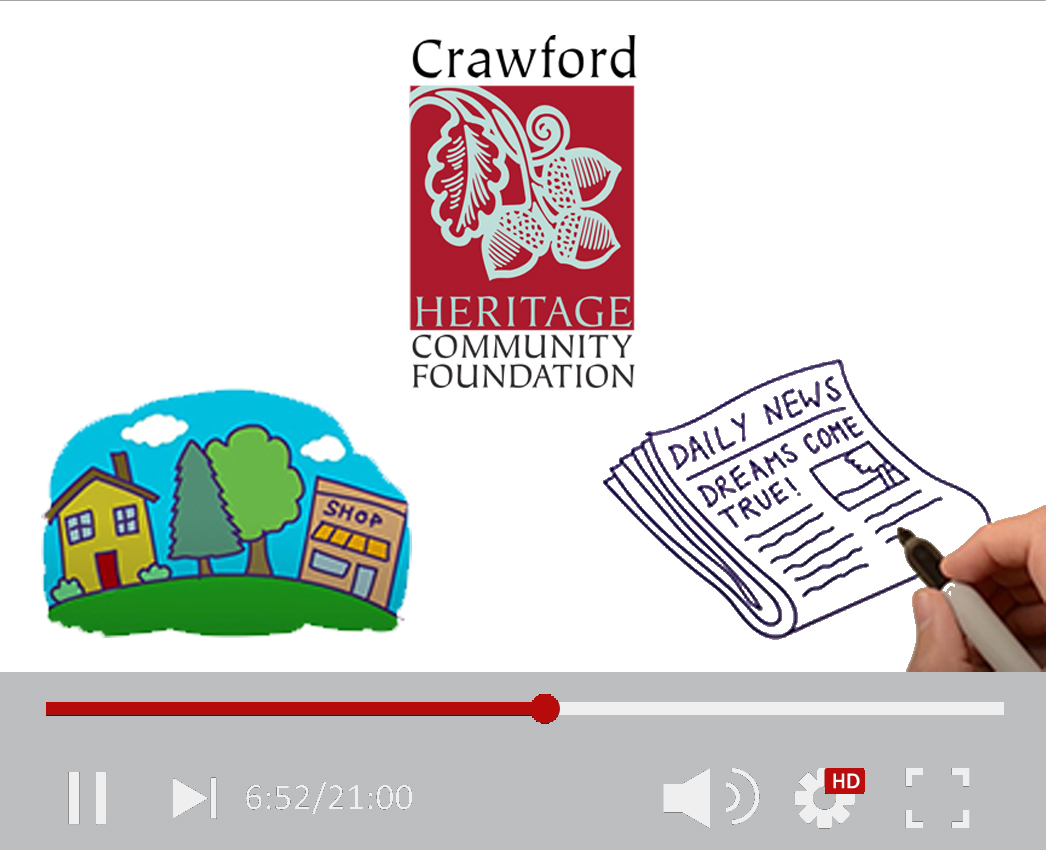Debt After Death: Taking Care of Loved Ones
When someone dies, their debts are settled by their estate, which is anything they owned at the time of death. Survivors may be financially responsible for those debts if they had a joint loan or agreement or provided a loan guarantee. If not, people aren’t necessarily responsible for a spouse or civil partner’s debts.
Nearly three out of four people die with some combination of credit card, mortgage, auto, student or personal loan debt, so it’s essential to know how to manage those finances so your loved ones can receive the support they need.
The Estate
When you die, your estate must pay any debt you leave behind before distributing any assets to your beneficiaries or surviving spouse. Your estate includes possessions, property, cash, insurance and investments. The executor of your estate uses those assets to pay any outstanding debts. The executor may be someone named in a will, or if you didn’t have a will, a person appointed by probate court.
Insufficient Assets
Occasionally the owner of an estate dies with more debt than assets, and there aren’t adequate funds to pay the debt, meaning the estate is insolvent. When this happens, the deceased’s family members will not receive any inheritance, but they also aren’t responsible for paying off any debts. Instead, assets are sold to pay off debts in priority order.
Personal Loans and Credit Cards
Repaying these types of debts must wait until others have been settled. Personal loan debts won’t burden loved ones if you’re the sole owner of the account, but they will be paid out of your estate. However, if there’s a living co-signer or joint borrower on the loan, they’re responsible for the entire balance.
If a joint account holder opened a credit card account with you, they are responsible for any debt and are expected to continue payments. Authorized users are different from a joint account holder and aren’t typically responsible for paying the balance. If needed, check with your credit card company about its payment protection options.
Your Home
Joint mortgages pass directly to the surviving borrowers, who assume financial responsibility for the loan. Mortgages held by the deceased pass to beneficiaries who are then responsible for the debt. If beneficiaries don’t assume the loan, they can sell the property to settle the debt instead.
If your loved one doesn’t have any beneficiaries in their will, their mortgaged property may go into foreclosure. Their bank will then sell the property to recover the mortgage debt.
Community Property States
Community property is a system some states use that designates any income and real or personal property acquired by either spouse in a marriage as community property, therefore belonging to both partners. A surviving spouse in a community property state may be required to use community property to pay off the deceased’s debts. There are nine community property states: Arizona, California, Idaho, Louisiana, Nevada, New Mexico, Texas, Washington and Wisconsin.
Why Give in Your Will
Eliminating debts before death is key, as your debts may prevent any charitable donations from making it to your desired charity or nonprofit organization. When writing your will, provide specific philanthropy wishes that align with your passions and interests so you can make a difference and support local charities and nonprofits when you pass. If you want to be remembered long after you die, part of your legacy can include the impact you made in your community through a monetary donation.
While it can be difficult deciding which organizations to make a gift to, choosing Crawford Heritage Community Foundation is easy and effective. We can distribute your legacy donation to specific organizations, or you can allow us to decide who would benefit the most. Your community foundation is one tool for making an impact with your charitable giving, whether you want to support organizations locally, nationally or even internationally.
Whether you are a concerned citizen, a community leader, were born and raised in Crawford County, or simply want to make a difference, the Crawford Heritage Community Foundation is here to help provide unbiased guidance. To learn how to leave a lasting legacy with help from the Crawford Heritage Community Foundation, contact Executive Director Christian Maher or donate now.

